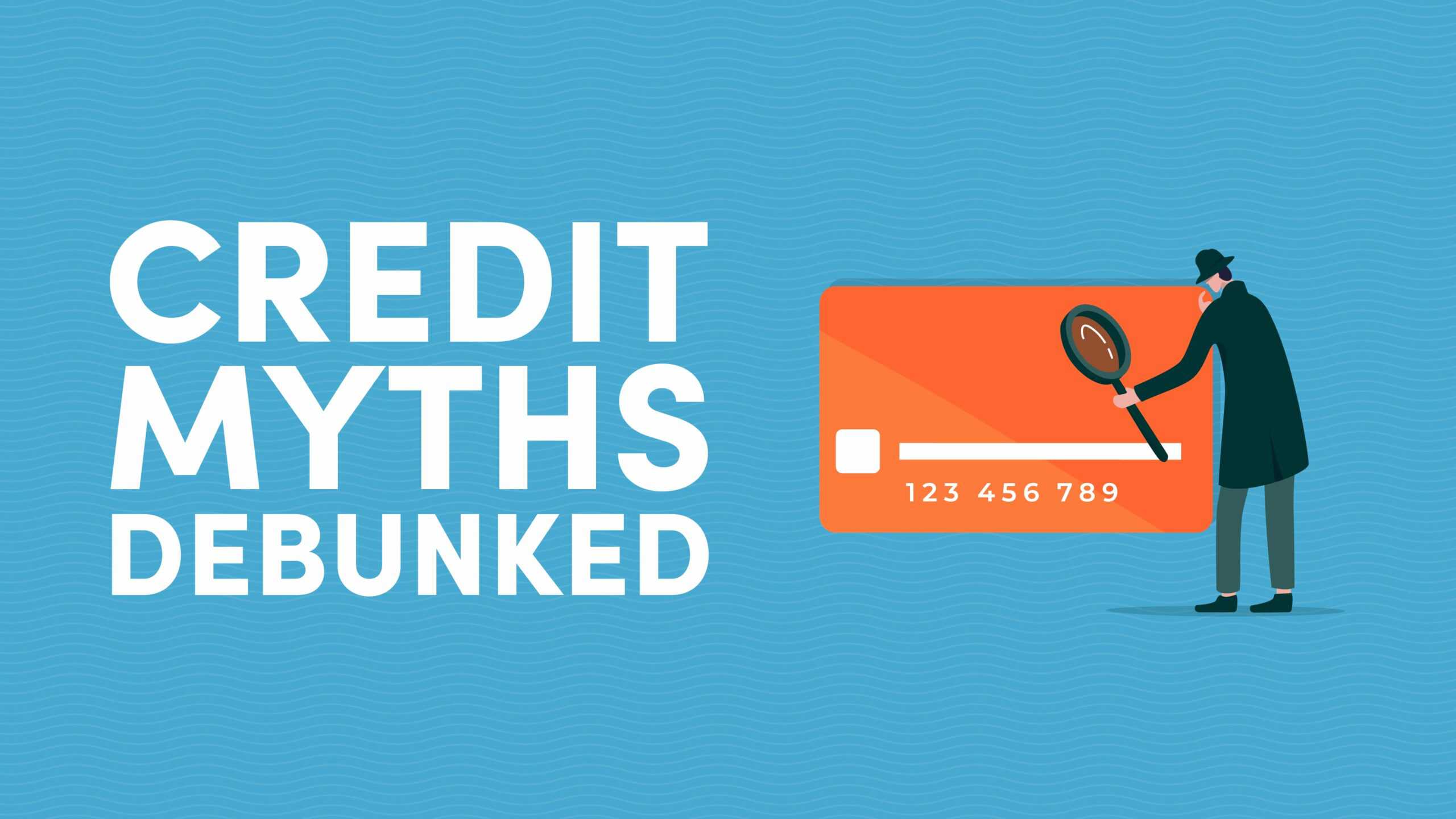
In the world of personal finance, few topics evoke as much confusion and misunderstanding as credit. From how it’s calculated to how it impacts our lives, credit myths abound, leading many to make decisions based on misinformation. But fear not! Today, we’re here to set the record straight and debunk some of the most pervasive credit myths, helping you navigate the world of credit with confidence and clarity.
Myth #1: Closing Old Credit Accounts Will Improve Your Score Fact: Closing old credit accounts can actually harm your credit score. A significant portion of your credit score is determined by your credit utilization ratio – the amount of credit you’re using compared to the total amount available to you. Closing old accounts reduces your available credit, which can increase your utilization ratio and lower your score. Additionally, closing old accounts can shorten the average age of your credit history, another factor that can negatively impact your score.
Myth #2: Checking Your Credit Score Will Lower It Fact: Checking your own credit score – known as a soft inquiry – will not impact your credit score whatsoever. In fact, regularly monitoring your credit score is a responsible financial habit that can help you detect errors or fraudulent activity early on. On the other hand, hard inquiries, which occur when a lender checks your credit as part of a credit application, can have a small, temporary impact on your score. However, the impact is typically minimal and fades over time.
Myth #3: Carrying a Balance Helps Build Credit Fact: Contrary to popular belief, carrying a balance on your credit card does not help build credit faster. In fact, it can actually cost you more in interest payments. Your payment history – whether you pay your bills on time – is the most significant factor in determining your credit score, not the amount of interest you pay. It’s perfectly fine to use your credit card regularly, but aim to pay off the balance in full each month to avoid accruing interest while still demonstrating responsible credit usage.
Myth #4: Closing Credit Accounts Erases Negative History Fact: Closing a credit account does not erase the payment history associated with it. Positive payment history remains on your credit report for up to 10 years, while negative information, such as late payments or defaults, can linger for seven years or more. Closing an account does not remove this historical data; it simply removes the account from your list of active accounts. Therefore, it’s essential to focus on improving your credit behavior rather than attempting to erase past mistakes.
Myth #5: Paying Off Debt Will Immediately Boost Your Score Fact: While paying off debt is undoubtedly a positive step for your financial health, the impact on your credit score may not be immediate. Credit scoring models consider various factors, including payment history, credit utilization, and length of credit history. While paying off debt can improve your credit utilization ratio, which is beneficial for your score, it may take some time for these changes to reflect in your credit report and score.
In conclusion, separating fact from fiction is crucial when it comes to understanding credit. By dispelling these common myths, you can make informed decisions about your financial future and take control of your credit journey. Remember, knowledge is power – so arm yourself with accurate information and watch your credit confidence soar!
Have you come across any other credit myths you’d like us to debunk? Share them in the comments below! Let’s continue to demystify the world of credit together.
